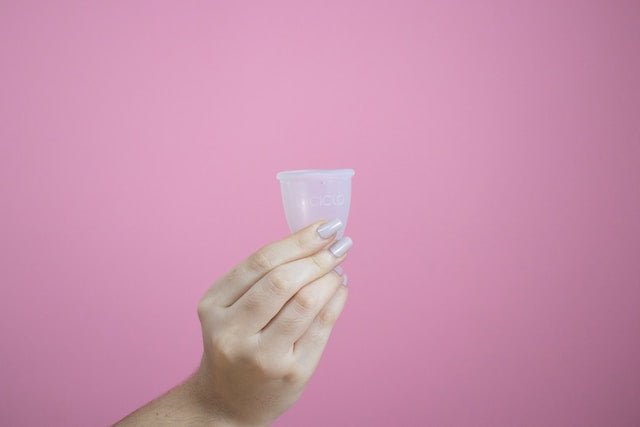
Are Menstrual Cups the Answer to Period Poverty?
Firstly, what is period poverty?
Period poverty refers to the lack of access not just to period products themselves, but also associated information and resources such as adequate education around menstrual hygiene, and toilets, hand washing and waste management facilities. This affects up to 500 million people who menstruate each month, and is most common in African and Asian countries, but is also not unknown in countries like the UK, where a shocking 1 in 10 people cannot afford period products.
It is important to note that period poverty isn't just a financial strain, but also points to a deeper rooted social stigma associated with menstruation in many communities across the world. This stigma often leads people to feel shame towards their period, resulting in time off school and education, and sadly can result in people dropping out of education entirely. By providing access to underwear and period products through our various charity partners, we're trying to tackle this to keep girls in school and women in work, wherever they are in the world.

(Image Source: Pexels)
Secondly, what is a Menstrual Cup?
A menstrual cup is a small, bell-shaped device typically made of medical-grade silicone, that is designed to be inserted into the vagina during menstruation to collect (not absorb) menstrual fluid. They are secured by a light suction seal, and thanks to the soft and flexible material, are unnoticeable. Menstrual cups can be left in for up to 12 hours, meaning leak-free periods all day and all night! Importantly, unlike pads or tampons, menstrual cups are reusable for years, which means they produce lot less plastic waste and makes them a more cost-effective alternative to disposable menstrual products.

(Image Source: OrganiCup)
Thirdly, are Menstrual Cups the Answer to Period Poverty?
Menstrual cups can significantly lessen the financial strain that menstruaters may struggle with as they are a one-off purchase. However, whilst they are certainly part of the solution to addressing period poverty, they are not a silver bullet. Addressing period poverty requires a multifaceted and holistic approach which includes education, access to various menstrual products, sanitation facilities, and challenging negative social norms that surround menstruation. Therefore, menstrual cups may be more of suitable solution in Western areas, where the social stigma mentioned about above is typically less prevalent.
Ways Y.O.U and I can get involved and help alleviate period poverty:
1. Buy our underwear: we’ve teamed up with Smalls for All, a charity that distributes underwear to vulnerable women and girls across the UK and Africa! When you purchase our ethically made organic cotton underwear, we donate two pairs of underwear to the charity- it's the idea behind our Buy-One-Give-Two model! Alternatively, you can donate directly to Smalls for All or Action Aid.
2. Buy Our OrganiCups: not only are OrganiCups more cost effective, planet-friendly and can be left in for (up to) 12 hours, but we have also partnered with Just a Drop meaning that for every menstrual cup purchased, we donate £1 in support of their Menstrual Hygiene Programme in the Wakiso District of Uganda. Your donation will help to support over 1,000 children with menstrual hygiene education and access to sustainable period products and soap.
Enjoyed this blog and want to learn more about period poverty? Why not read...
Why Hygiene Week and Period Poverty Matters
How We're Working to Fight Period Poverty In Uganda
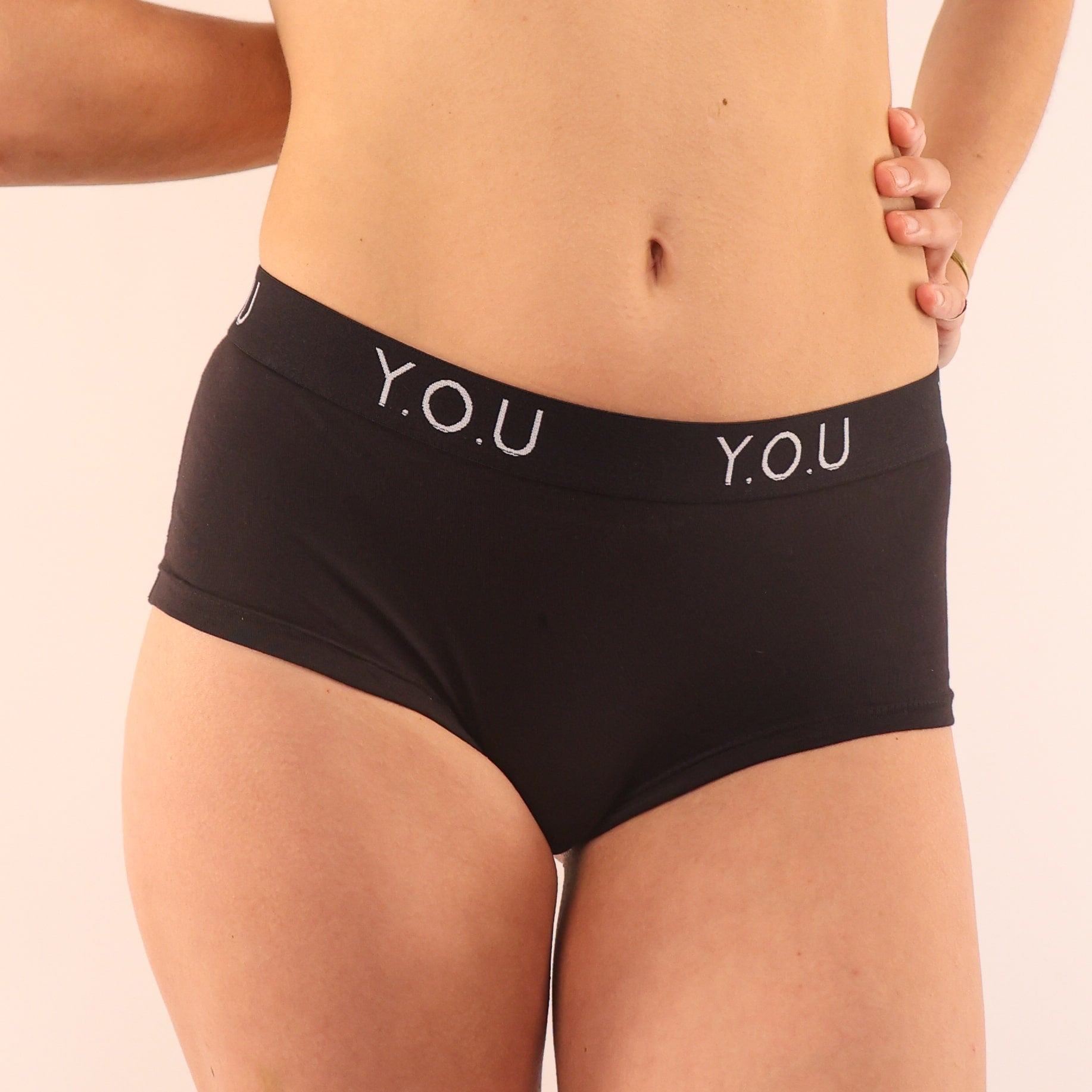
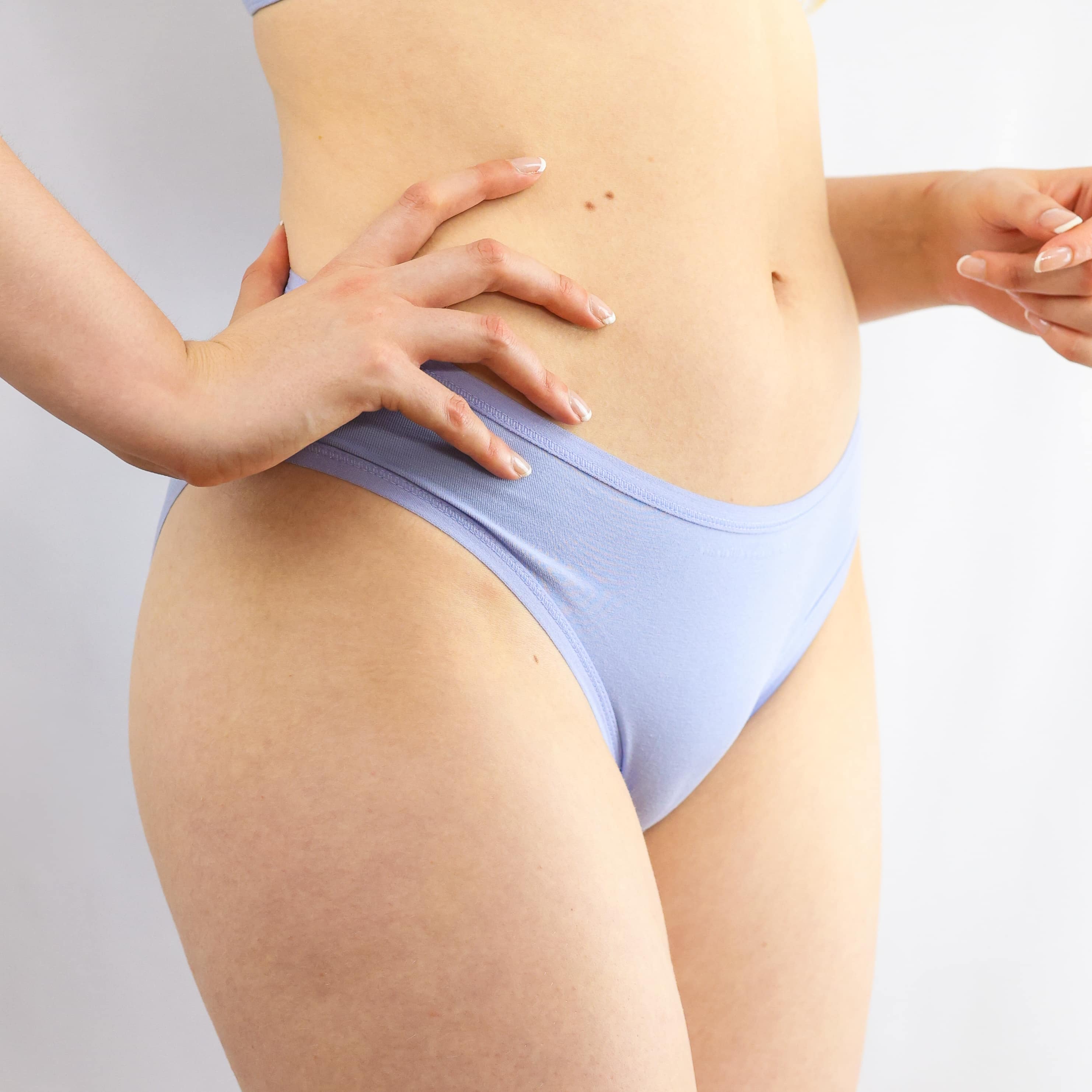
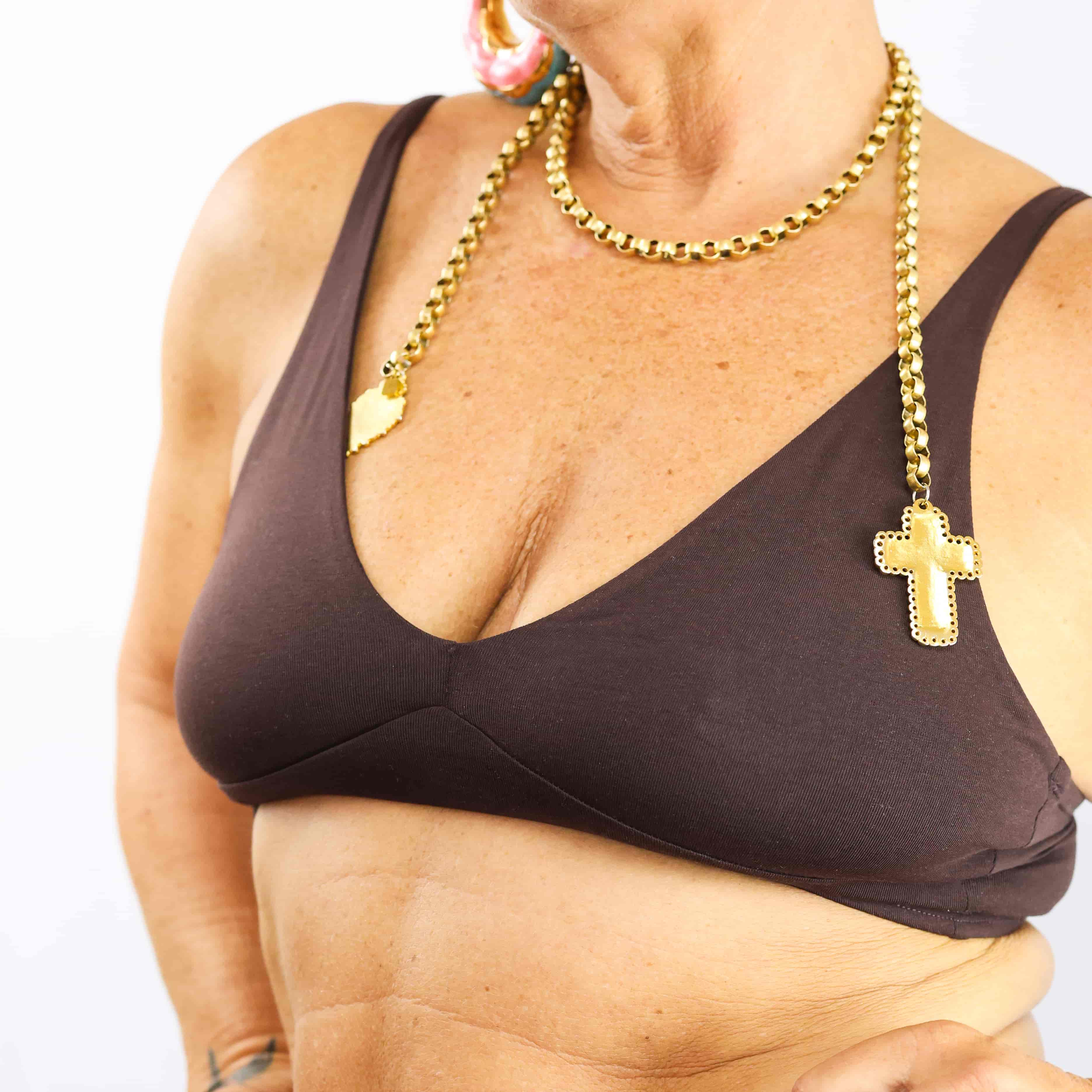
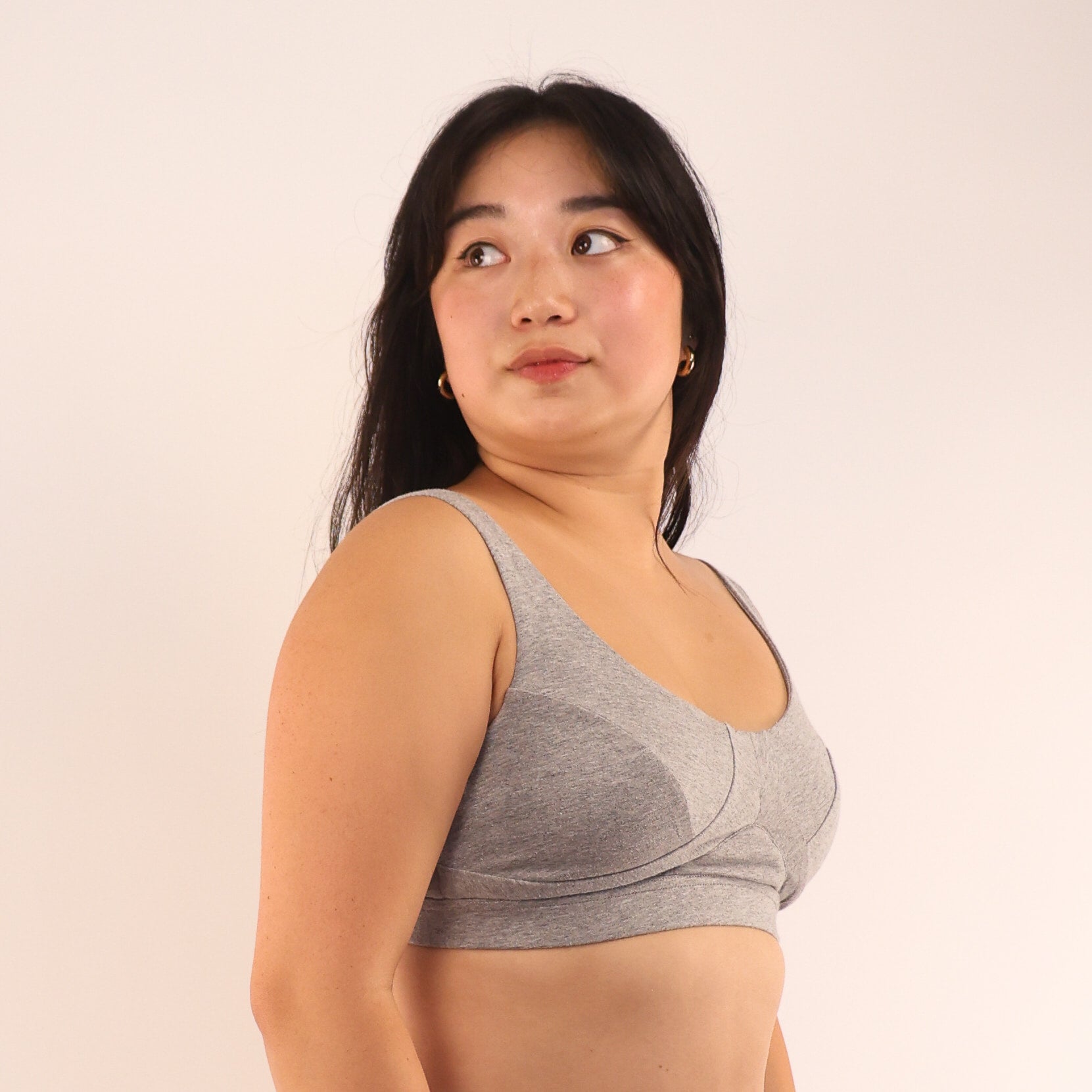
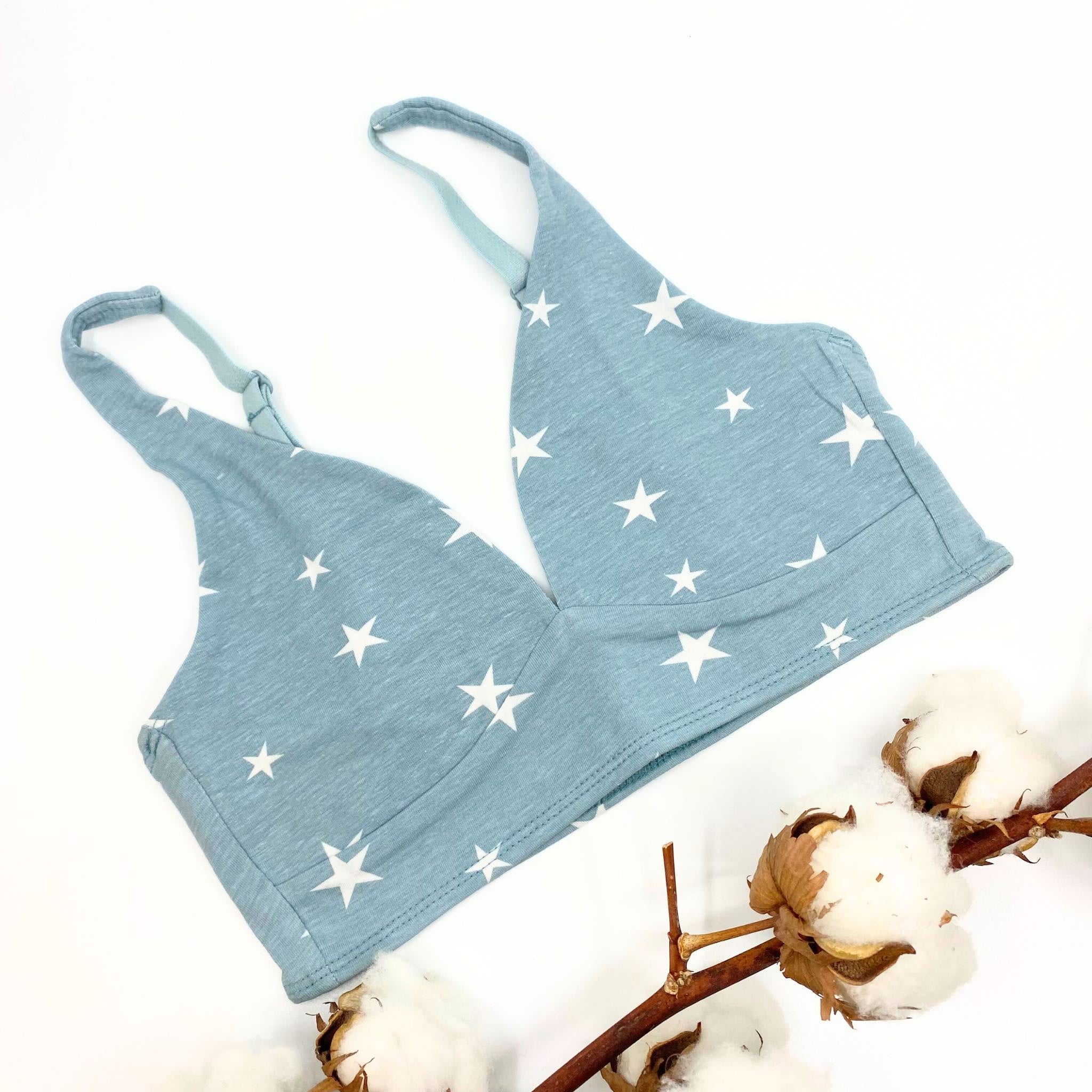
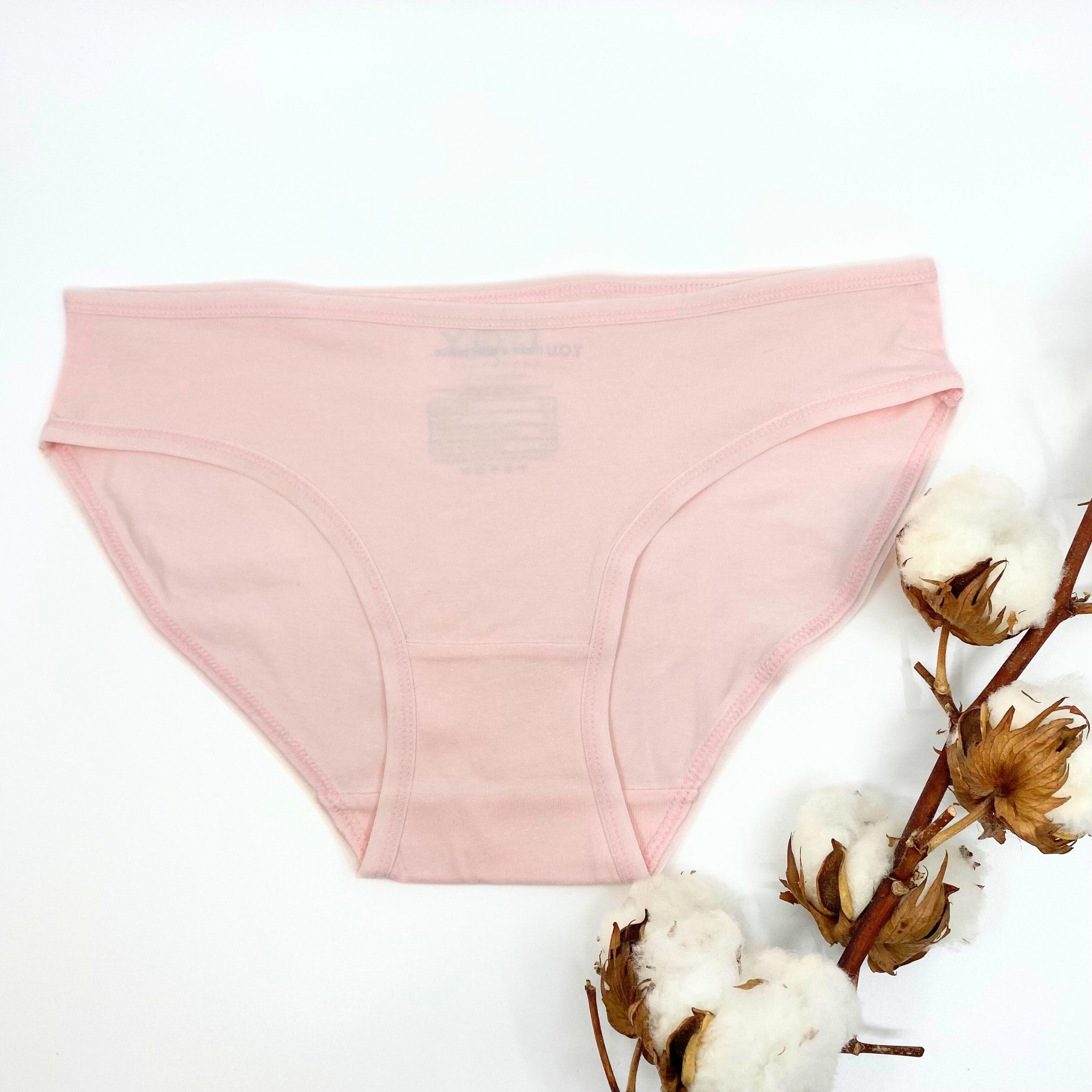
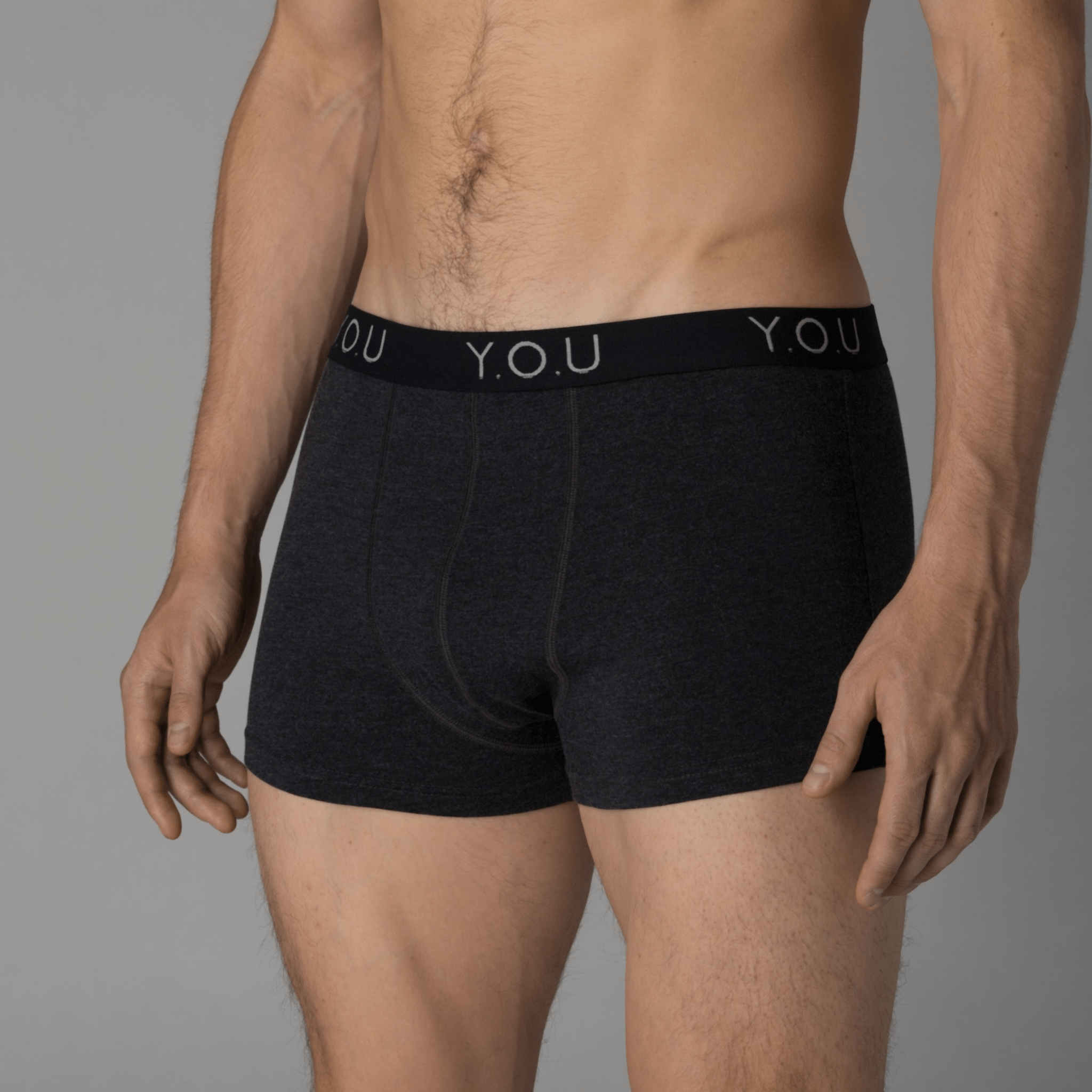
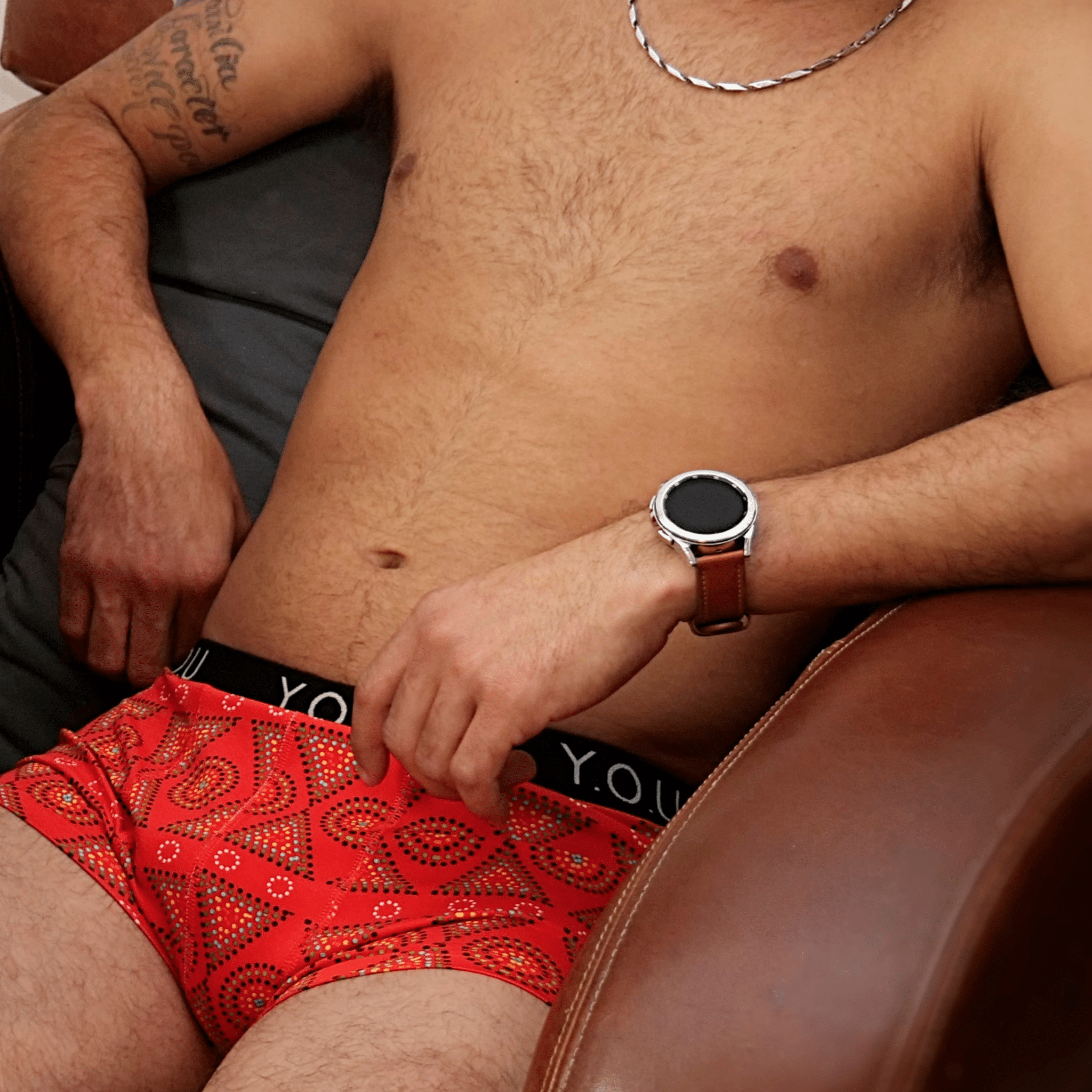
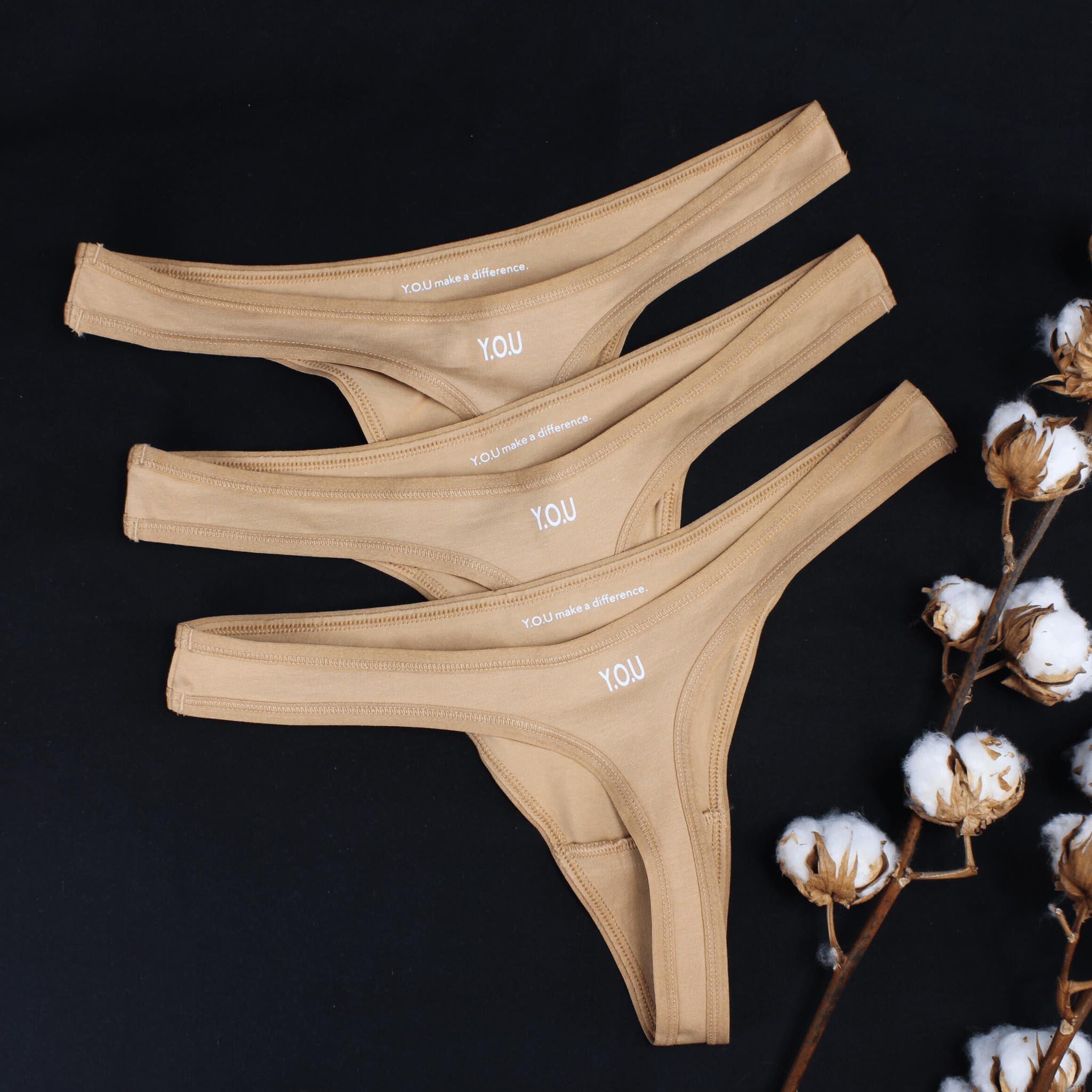
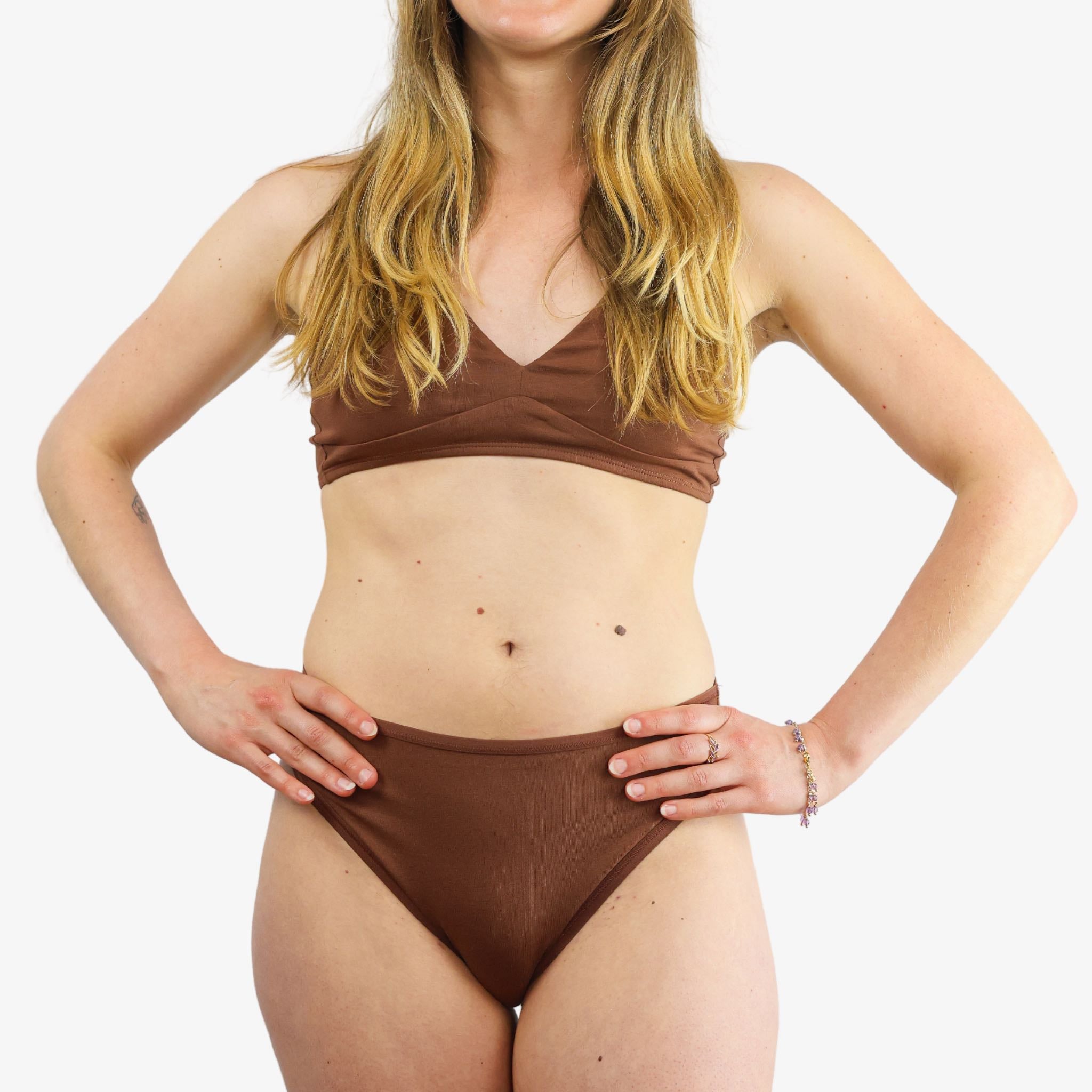
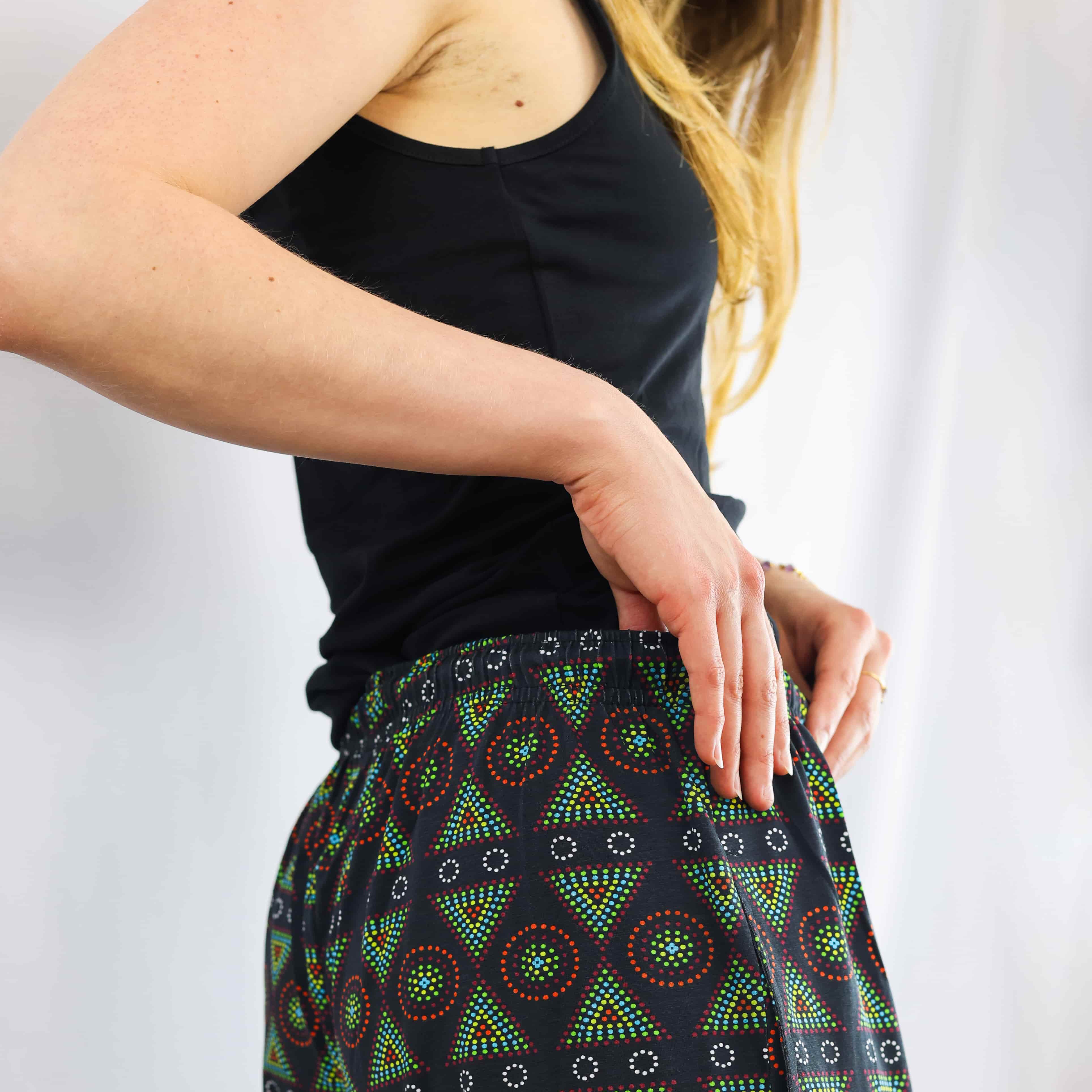
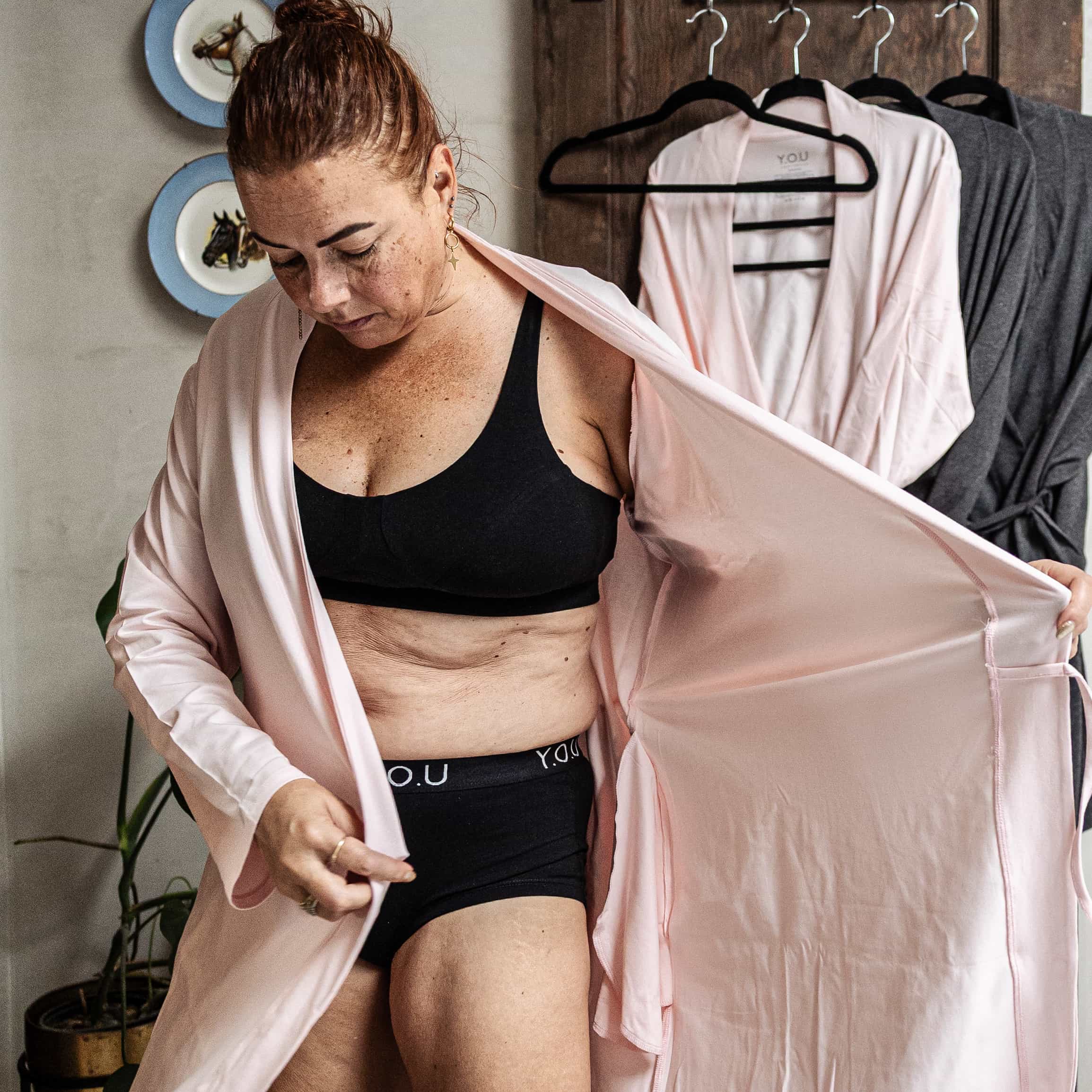
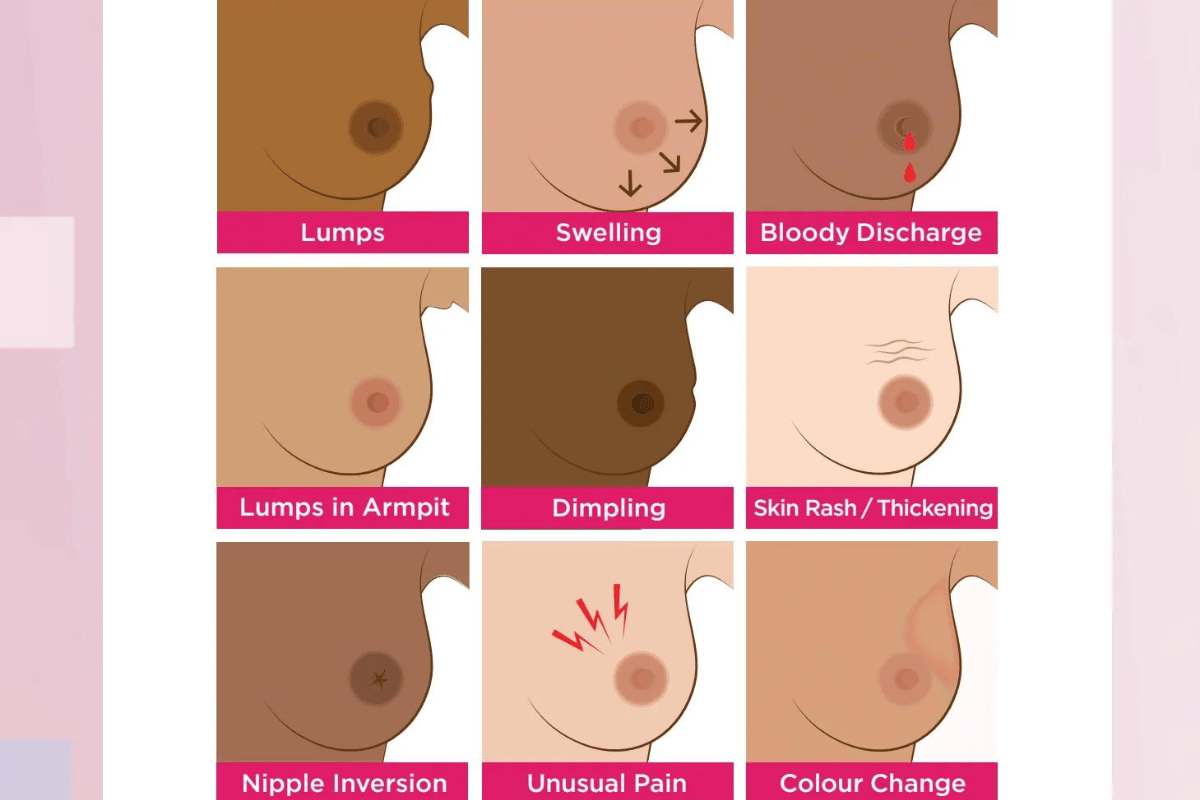

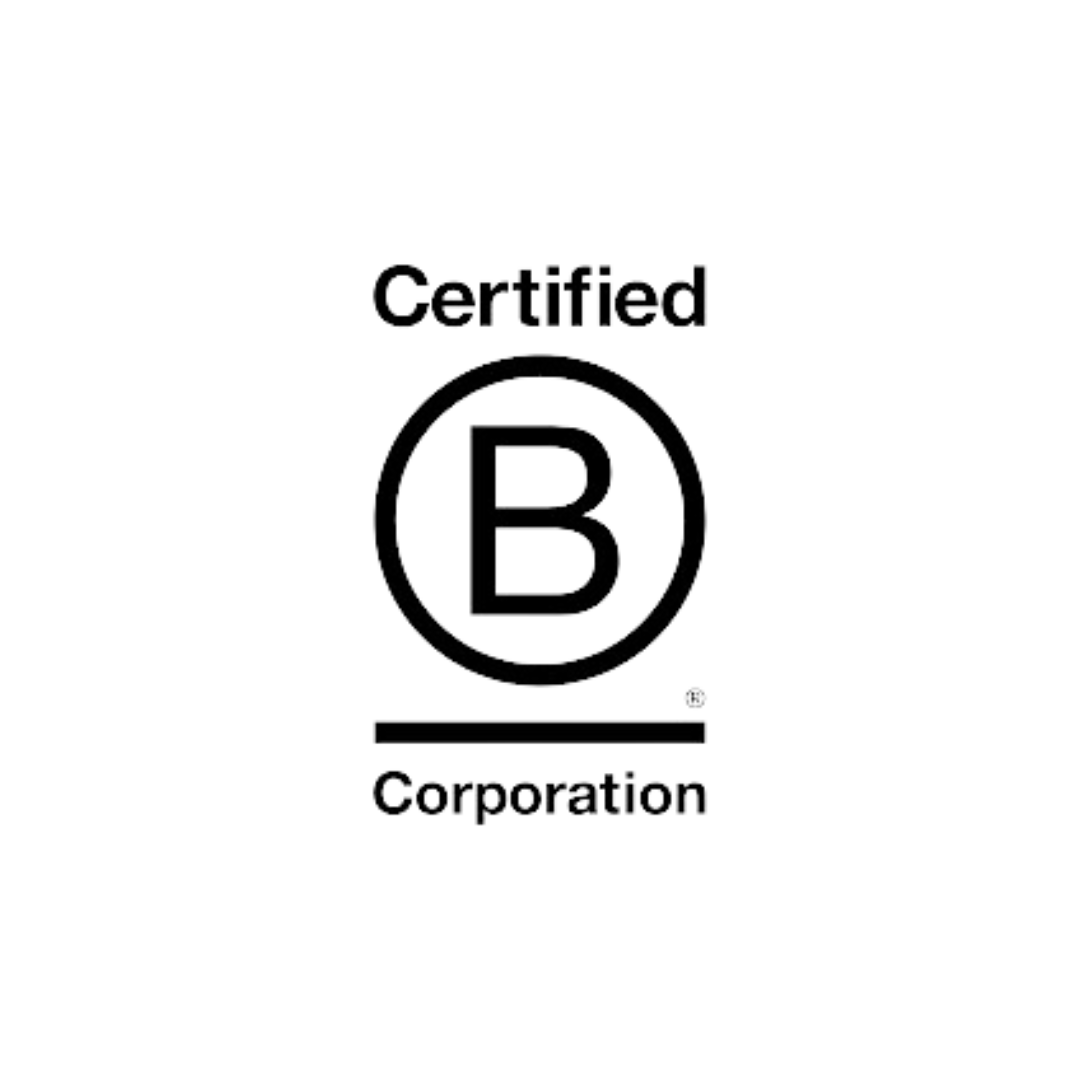
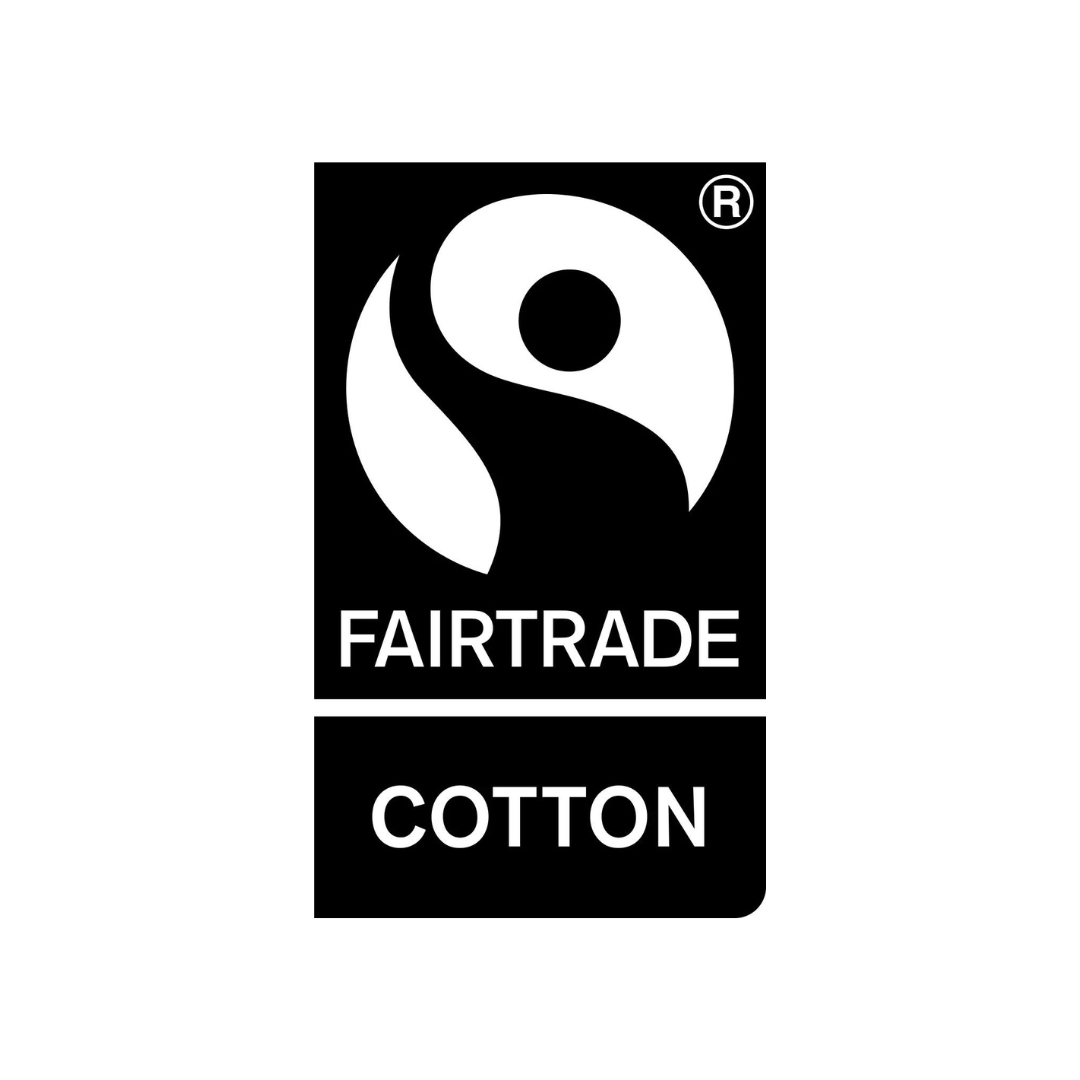
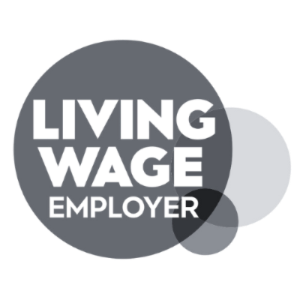


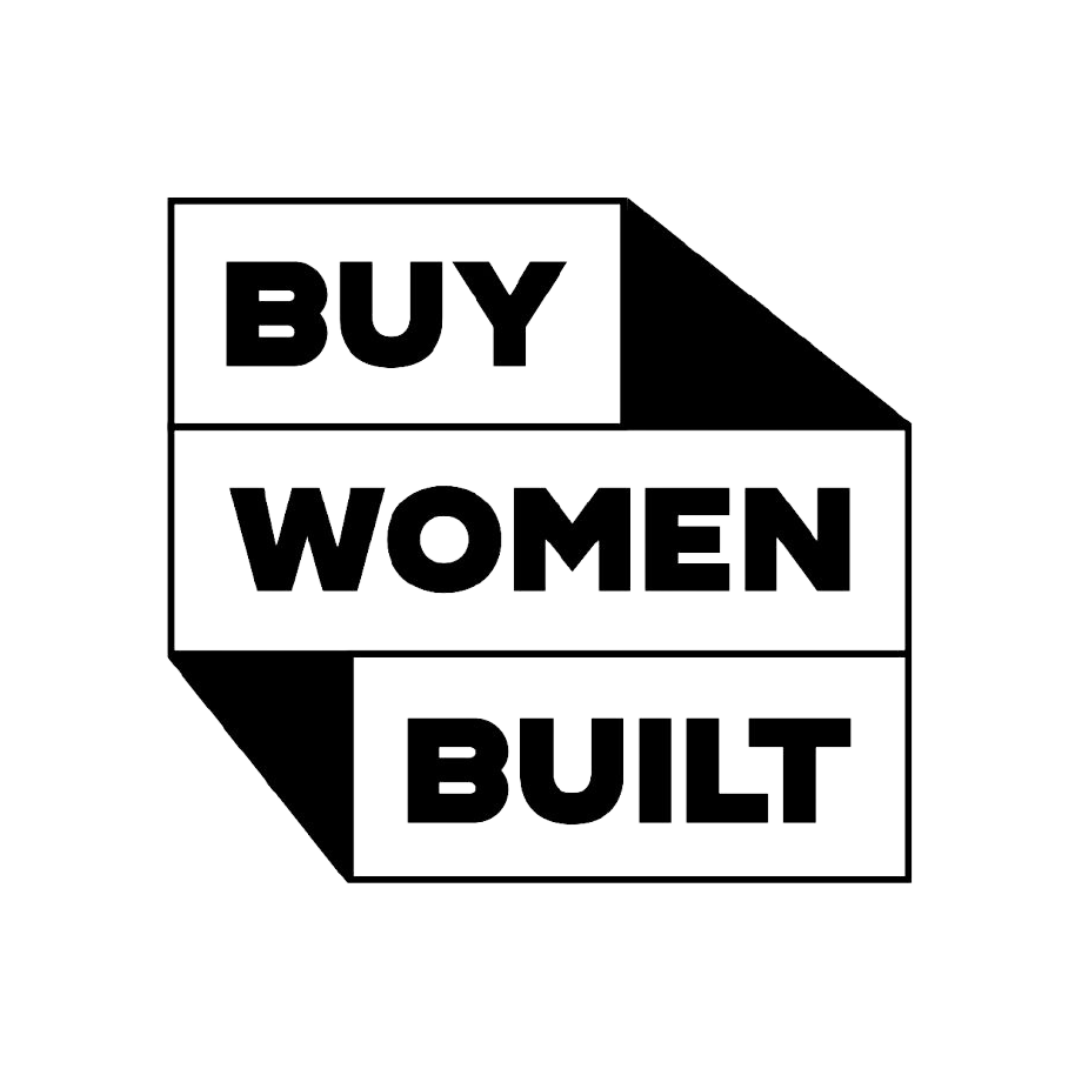
Leave a comment
This site is protected by hCaptcha and the hCaptcha Privacy Policy and Terms of Service apply.